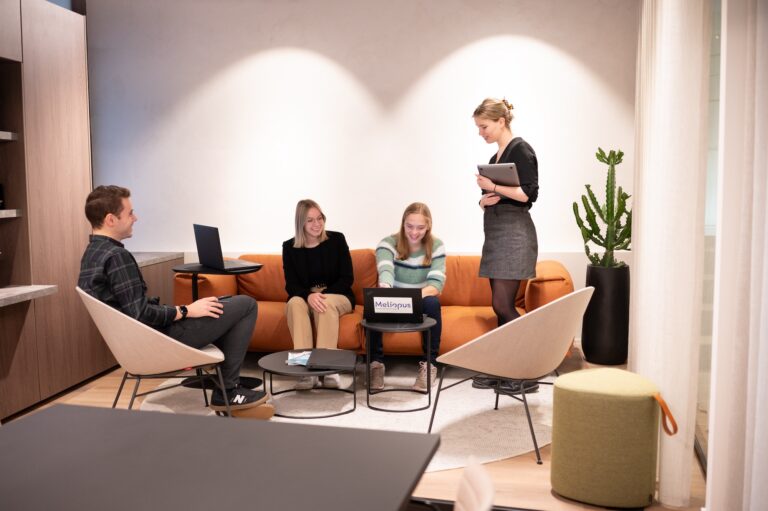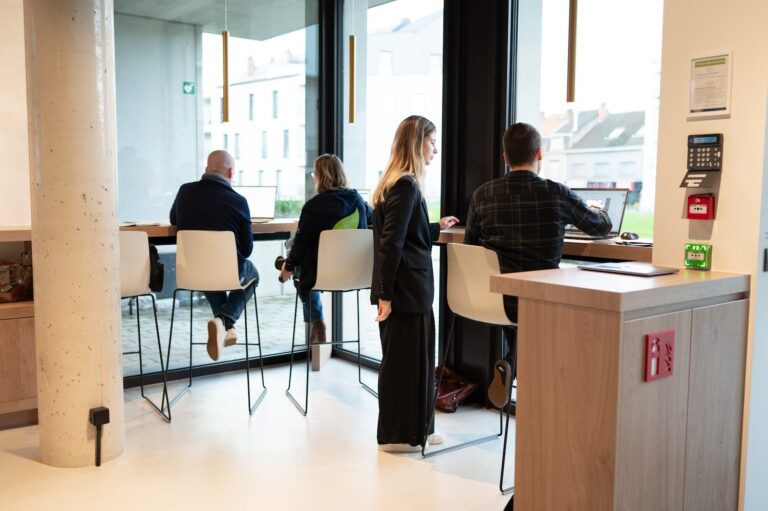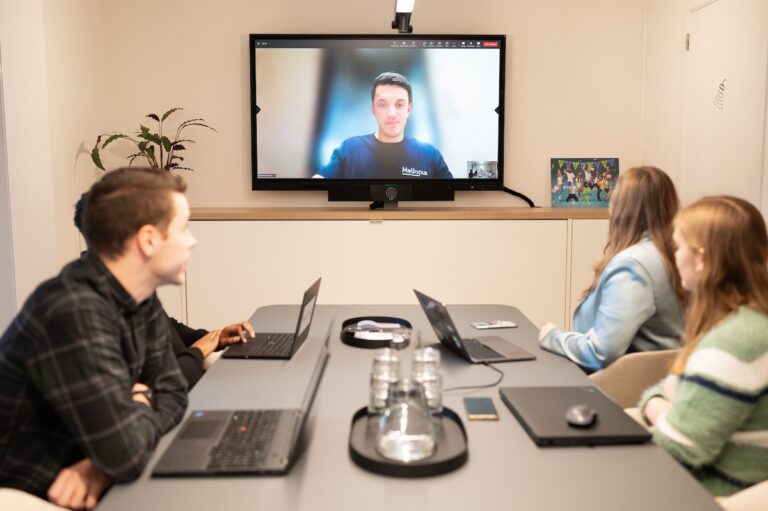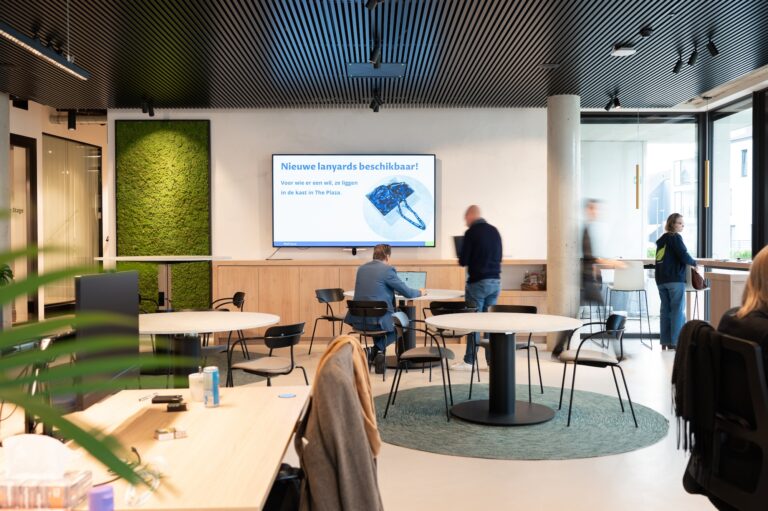Combining the Benefits of Working from Home and at the Office
Working from home: some people love it, others remain loyal to their fixed spot at the office. But how do you match the expectations of your staff, promote contact between colleagues, and still provide clear guidelines? A good balance between working from home and being present at the office is the key to success.
Working from home is a well-known concept. Especially since the COVID-19 pandemic, it has become even more ingrained. Some employees experience more freedom, report higher productivity, and find a better work-life balance. Others claim the opposite, and employers often expect staff to return to the office regularly. And rightly so: maintaining connections between employees remains essential for the progress of your company.
The Benefits of Working from Home
Working from home offers flexibility in working hours, allowing employees to better align work with their personal schedules: hobbies, private appointments, a spontaneous, extended break in the early spring sun. The sense of responsibility can empower your staff. By working from home, they avoid the stress of commuting and use the time saved from not traveling more effectively. All benefits, right?
Unfortunately, working from home also has its drawbacks.
The Drawbacks of Teleworking
- Some employees are more often distracted by household stimuli or associate home with relaxation, leading to decreased concentration and unfinished work.
- Conversely, the boundary between work and private life can blur, causing employees to sometimes work constantly.
- The lack of personal contact can hinder collaboration between colleagues and create feelings of isolation and loneliness.
Optimal Collaboration at the Office
In many companies, teleworking is allowed in combination with a policy that encourages regular physical presence at the office. This is logical because your company thrives on the collaboration between your staff members.
On one hand, direct interaction between colleagues fosters engagement, idea exchange, and team building. New employees integrate more quickly and pick up the company culture more easily; colleagues seek advice from each other more often, resulting in more efficient handling of tasks, and employees are quicker to adopt new developments, constantly enhancing the expertise within your company. A chat at the coffee machine? Absolutely.
Additionally, physically leaving the office after hours makes the boundary between work and private time much clearer, both for the employee and for colleagues and managers. Finally, the office provides unlimited access to all necessary technology, software, and meeting facilities, which is a significant advantage of coming to the office.
On the other hand:
- Working at the office limits the flexibility of employees to structure their day,
- Exposes staff more frequently to distractions such as noise from colleagues,
- And commuting leads to unnecessary stress and fatigue.
Flexibility Works
Although teleworking has been portrayed as the savior of our work-life balance in recent years, we find that this is not necessarily the case. So what is the right balance?
At Meliopus, we love to see everyone in the office. After all, they are all fantastic people, of course. Nevertheless, most of them regularly work from home, and we’re okay with that too. By setting clear expectations about their presence in the office, we help our employees find their balance. We expect new employees to be in the office more frequently at first, so we can get to know them and they can get to know us. Others alternate between working at the office and teleworking according to their needs and schedules. This works.
Very well, in fact, as we see that our staff enjoy coming to the office and also perform optimally from home. Flexibility offers the best of both worlds and is the key to our success. This is what we consistently recommend to our clients.
Do you want to rethink the telework policy in your organization or company or strengthen your change management? Meliopus is happy to brainstorm with you.








